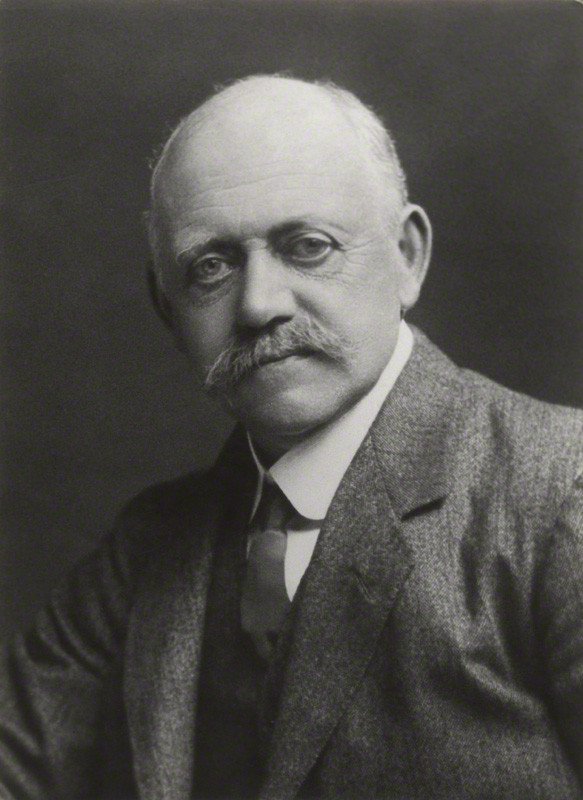Changing times in Germany
This post was written by David Rooney
We call it British summer time, but the first country to advance its clocks during the summer was Germany, which inaugurated a daylight-saving scheme in April 1916.
A letter, written 100 years ago this week and found buried in a museum archive, holds an important clue as to how the idea reached the top of German government just days before the outbreak of the First World War.

The champion of daylight-saving, British house-builder William Willett, had spent many years campaigning around the world for his time-shifting scheme to be adopted, and had become a regular correspondent with Henry von Böttinger, a prominent German chemist and industrialist who had been appointed to the Prussian House of Lords in 1909 by the German Emperor, Wilhelm II.
In 1913, von Böttinger had written to Willett to say that he was 'still pushing the Time Saving Question' and had raised the matter with the Prussian Minister of Public Works and the Association of German Chambers of Commerce.
But it was on 21 June 1914 that von Böttinger wrote again to Willett, this time with news that he was about to take the daylight-saving proposal to Germany’s highest authority.
'I have meantime taken note of your wish to have the subject laid before the German Emperor—and as His Majesty knows me personally and very well, I have at once made a written report to him and have asked him to devote his interest to the furtherance of this great object. As soon as I have another personal interview with His Majesty I shall not fail to bespeak the subject with him and thus bring the matter still closer home to him.'
Seven days later, Kaiser Wilhelm’s friend, Archduke Franz Ferdinand, was assassinated, and Europe began its plunging descent into war.
This was the last letter William Willett received regarding his international daylight-saving campaign, and a few months later, while on a business trip to Spain, he contracted influenza and died.
We will never know the full circumstances of Germany’s adoption of daylight saving time in 1916, but it is possible that this letter between two influential international businessmen represented the crucial turning point in Willett’s campaign—though it was a campaign he did not live to see realized.
What is certain is that technology and politics are inseparable: ideas need powerful backers, and the German Emperor in 1914 was truly one of the most powerful men in the world.